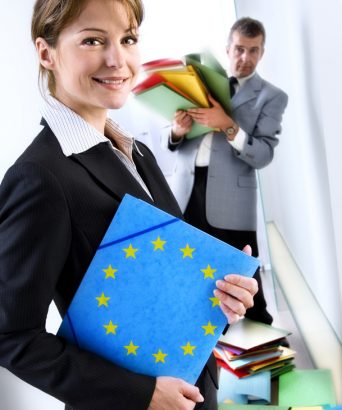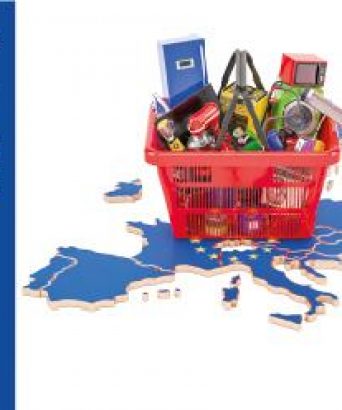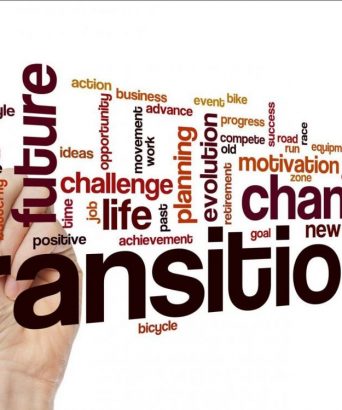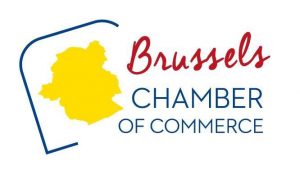The European Union and Chile have concluded negotiations on the EU-Chile Advanced Framework Agreement. The EU and Chile take their partnership to the next level to strengthen political dialogue, deepen cooperation and foster trade and investment opportunities. In particular, the agreement puts shared values such as human rights, sustainable trade and gender equality at the core of EU-Chile relations. It strengthens EU-Chile cooperation on shared global challenges, such as the fight against climate change and the environment.
Closer economic ties with Chile will allow the EU to diversify and strengthen its economic resilience, while increasing opportunities for EU exports and investments. Better access and sustainable investment in critical raw materials such as lithium will contribute to advancing our shared ambition for a green transition.
Boosting trade and investment
The agreement will deepen EU-Chile trade and investment relations and provide new opportunities for EU businesses in Latin America’s fifth largest economy:
- 99,9% of EU exports will be tariff free, which is expected to increase EU exports to Chile by up to 4,5 billion euros.
- Greater access to raw materials and clean fuel crucial for the transition to the green economy, such as lithium, copper, and hydrogen.
- Easier for EU companies to provide their services in Chile, including in delivery, telecommunications, maritime transport and financial services.
- Same treatment for EU investors in Chile as for Chilean investors, including in the energy and raw material sector, and vice versa.
- Improved access for EU companies to Chilean government procurement contracts for goods, services, works and works concessions, and vice versa.
- A dedicated chapter on SME’s to help ensure that smaller businesses fully benefit from the agreement, including by cutting red tape.
Next Steps
The modernised EU-Chile Agreement will be composed of two parallel legal instruments:
- the Advanced Framework Agreement, that will include a) the Political and Cooperation pillar and b) the Trade and Investment pillar (inclusive of investment protection provisions), subject to ratification by all Member States; and
- an Interim Free Trade Agreement (iFTA) covering only those parts of the trade and investment pillar of the Advanced Framework Agreement that are of EU exclusive competence (i.e., not including the investment protection provisions), to be adopted through the EU-only ratification process. The iFTA will expire when the Advanced Framework Agreement enters into force.
As a first step, both the EU and Chile will proceed with the legal verification of the agreement. Following that, the EU will propose the Advanced Framework Agreement and the iFTA for conclusion and ratification.
Background
The EU and Chile concluded an Association Agreement in 2002, which includes a comprehensive trade agreement that entered into force in February 2003 covering EU-Chile trade relations. EU-Chile trade in goods grew by 163% between 2002 and 2021. EU goods exports to Chile grew by 284% in the same period.
The EU and Chile agreed to modernise the Association Agreement and replace it with the new generation Advanced Framework Agreement that reinforces and deepens their bilateral relationship.
Source: DG Trade
If you need support to benefit from free trade agreements in your trade relations with non-EU countries, contact Enterprise Europe Brussels @ Beci
For More Information
Factsheet – EU-Chile external relations (EN) (ES)
Factsheet – EU-Chile Advanced Framework Agreement
Factsheet – Sustainability in the Trade Part of the EU-Chile Advanced Framework Agreement
EU-Chile Agreement Trade part webpage
EU-Chile Agreement Trade part explained





